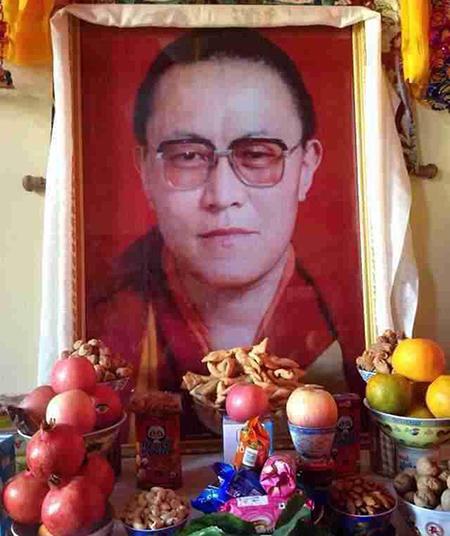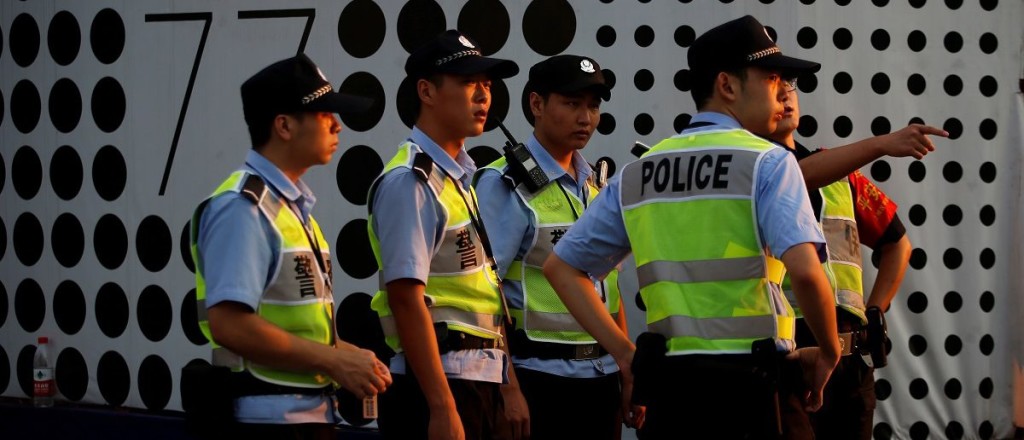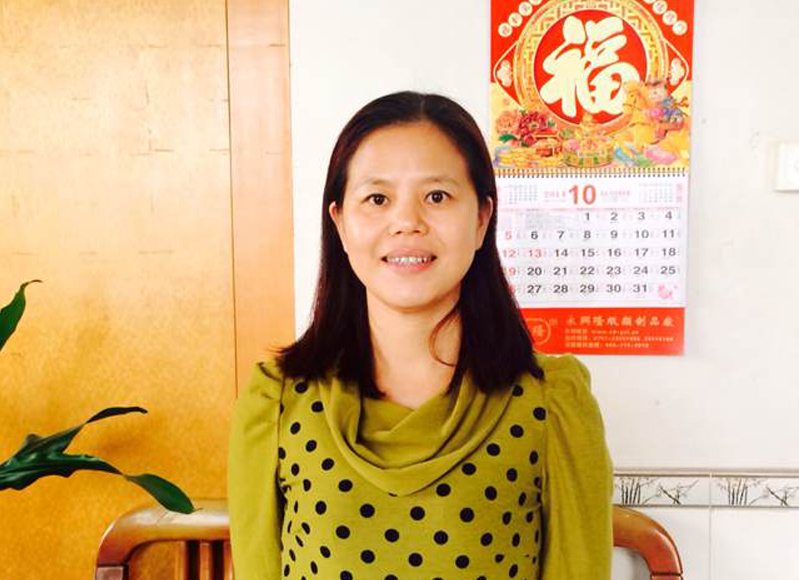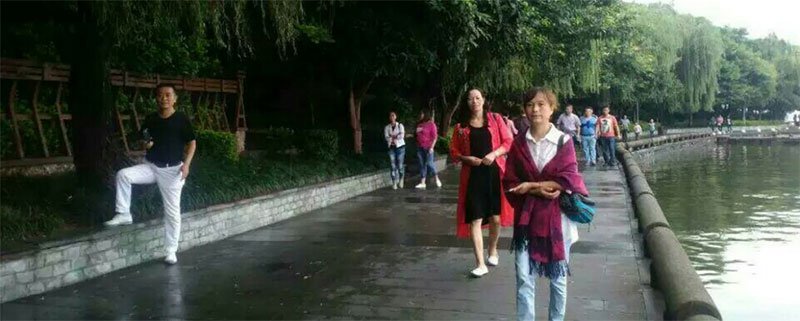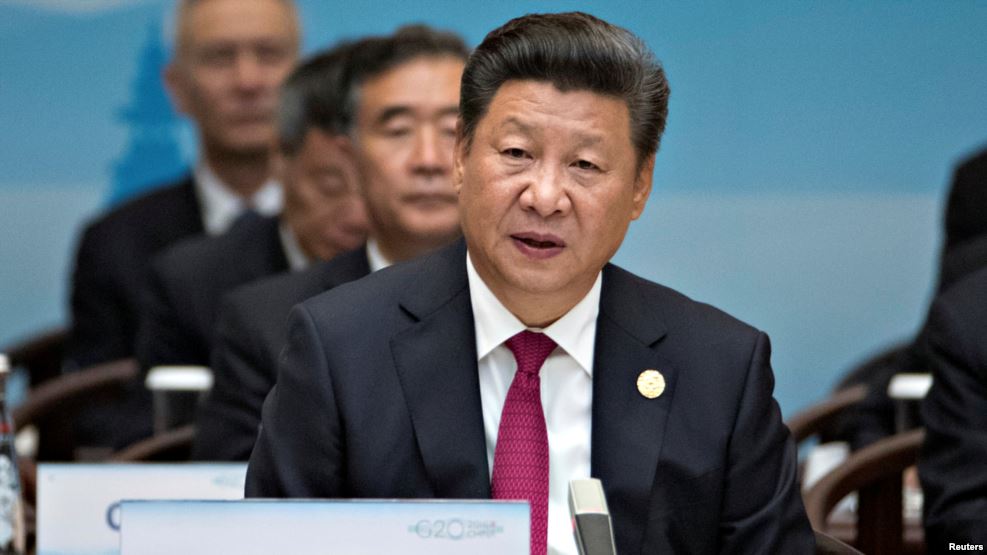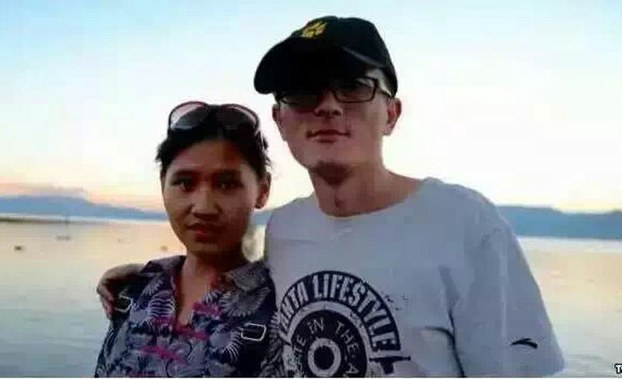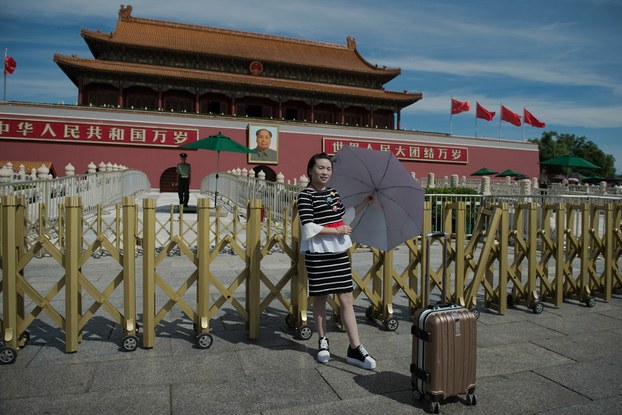
A woman stands in front of a giant portrait of Mao Zedong at the gate of the Forbidden City in Beijing on Sept. 9, 2016, the 40th anniversary of the death of Communist China’s founding father. AFP
Forty years after his death at the age of 82, late supreme leader Mao Zedong still presents a political dilemma to the ruling Chinese Communist Party. Continue reading

